Tho Chau special zone, nearly 100 km from Phu Quoc special zone ( An Giang ), nearly 200 km from Rach Gia ward (An Giang).
Tho Chau Special Zone has a natural area of 13.95 km2 , a population of more than 1,893 people with 8 large and small islands: Tho Chau Island, Han Island (Nhan Island, Chim Island), Keo Ngua Island (Green Island), Tu Island, Cao Island, Cao Cat Island, Mo Island, Kho Island.
The establishment of Tho Chau special zone aims to ensure that local authorities on the islands increase their autonomy and self-responsibility. Ensure flexibility and proactive response when sudden and unexpected events and situations occur to firmly protect the independence, sovereignty and territorial integrity of the nation in the southwestern sea. Promote the advantages and potential of the marine economy, integrate into the international economy, ensure attracting people to live, protect and develop the islands...
Dong Beach in Tho Chau special zone
PHOTO: INDEPENDENCE
Special economic zones have been of interest since ancient times.
Before 1954, Tho Chau belonged to Bac Lieu province, but was uninhabited. On September 3, 1956, the government of the Republic of Vietnam issued Decree No. 32/NV establishing Tho Chau commune in An Xuyen province (present-day Ca Mau).
Sovereignty markers in Tho Chu special zone (on the right is the marker built by the Republic of Vietnam government in 1956; on the left is the marker established by Kien Giang province in 1976, restored in 2003)
PHOTO: MAI THANH HAI
In 1957, the Republic of Vietnam government sent a naval squad to guard Tho Chau island. At that time, there were a few families from Binh Dinh who came to live and work on the island. In 1963, Tho Chau commune was under Phu Quoc district, directly managed by Coastal Region 4 of the Republic of Vietnam Navy.
In March 1970, the Saigon government implemented a program of migration, land reclamation and settlement on Tho Chau island with 3 migration waves (the first wave had 20 households).
Tho Chau Special Zone Center
PHOTO: MAI THANH HAI
On March 19, 1970, when discussing the "Post-war Economic Development Program", the government of the Republic of Vietnam in Kien Giang province said that "migration to Tho Chau is of utmost importance", "in the immediate future, 100 families will be sent to settle down".
Hon Nhan, Tho Chau special zone
PHOTO: MAI THANH HAI
On March 30, 1972, the government of the Republic of Vietnam, Kien Giang province, issued Decree No. 142-HCĐP, establishing Tho Chau hamlet, Lai Son commune, Kien Thanh district.
On May 2, 1973, the Minister of Interior of the Republic of Vietnam signed Decree No. 215-BNV/HCDP/26.X/ND establishing Tho Chau commune, Kien Thanh district, Kien Giang.
Tho Chau landscape in some places is still wild.
PHOTO: NGO TRAN HAI AN
In a meeting on October 3, 1973, the Office of the Secretary of State of the Republic of Vietnam government proposed a project to modernize the agricultural, forestry and fishery sectors on Tho Chau Island. The main goal of the project was to occupy this island in Vietnam's territorial waters and turn it into "a tourist center on the sea in the western part of Vietnam, because this island is the most beautiful among the islands in Vietnam in particular".
However, due to the inconvenience in protecting the island and the movement of people, on January 30, 1974, the governor of Kien Giang province issued document No. 146/HCDP proposing to place Tho Chau commune under Phu Quoc district and was approved.
By early 1975, there were about 100 households/500 people living on Tho Chau island.
From July 1, 2025, the Party Secretary and Chairman of the People's Committee of Tho Chau Special Zone was appointed as Mr. Lam Minh Hien (former Chief of Police of Ha Tien City, Kien Giang). Mr. Do Van Dung (former Party Secretary and Chairman of the People's Committee of Tho Chau Commune, former) as Chairman of the People's Council of Tho Chau Special Zone.
Horrible memories
On May 1, 1975, we liberated Phu Quoc and established a military administration committee, but did not have the opportunity to go to Tho Chau. On May 10, 1975, the Khmer Rouge army suddenly invaded and occupied Tho Chau and captured all the islanders, took them to ships and disappeared.
Memorial temple for soldiers and people of Tho Chau special zone killed by Khmer Rouge
PHOTO: MAI THANH HAI
On May 15, 1975, a Tho Chau fisherman rowed his boat to An Thoi (Phu Quoc) to report to the military administration that the Khmer Rouge had captured Tho Chau people.
On May 23, 1975, Military Region 9 and the Navy coordinated to send forces (Infantry Battalion 410, Regiment 195; 1 naval commando platoon and 6 transport and patrol ships; Phu Quoc local troops) to liberate Tho Chau.
At dawn on May 24, 1975, units simultaneously attacked the Khmer Rouge troops occupying Tho Chau Island. On May 25, 1975, we completely controlled Tho Chau Island.
Soldiers of Tho Chau Border Guard Station (Border Guard Command, Military Command of An Giang Province) salute the A1 base marker to calculate the width of Vietnam's territorial waters on Hon Nhan Island, Tho Chau Special Zone.
PHOTO: MAI THANH HAI
At noon on May 27, 1975, we pursued and captured over 80 Khmer Rouge soldiers hiding on the islands. These prisoners were taken to An Thoi (Phu Quoc) and handed over to the district artillery company for detention at camp area 1 and then handed over to the Cambodian government. As for the 500 people from Tho Chau commune who were captured by the Khmer Rouge, their whereabouts and remains have not yet been found.
In 2013, Kien Giang province built a memorial temple to commemorate soldiers and people of Tho Chau commune killed by the Khmer Rouge.
The only special zone with an island defense regiment left
Up to this point, Tho Chu is the only special zone that still has a defense regiment protecting the island (except for Phu Quoc special zone, which was formerly a city, and has many division-level armed units).
A corner of Tho Chau special zone
PHOTO: NGUYEN DOC LAP
At the end of May 1975, Regiment 1, Division 330, Military Region 9 came to protect Tho Chau. At the end of August 1975, the task of defending the island was assigned to Battalion 5, Regiment 101, Military Region 9 and in October 1975, the unit was transferred to the Navy, changing its name to Battalion 561, Naval Region 5.
Coast Guard ship 3008 on duty to protect sovereignty in Tho Chau special zone waters
PHOTO: MAI THANH HAI
In early January 1995, Tho Chu Island was upgraded to a level 1 island (regiment level). Battalion 561 was upgraded and renamed Regiment 152, under Naval Region 5. In early 2014, the Ministry of National Defense ordered the Navy to hand over the status of Regiment 152 to Military Region 9. On April 25, 2014, Regiment 152 of the Navy was converted to Regiment 152 defending Tho Chu Island, under Military Region 9, until now.
When Tho Chau Special Zone is built, it cannot be like other places. Other places are favorable, have a lot of land for production to move many people out. Tho Chau also moves people out, but it cannot move too many, too much, creating pressure on this small area, affecting the environment, and production conditions. Economic development in Tho Chau must develop high-end tourism services. To do so, it is necessary to recalculate planning, investment and construction to exploit Tho Chau's potential.
Mr. Nguyen Tien Hai, Secretary of An Giang Provincial Party Committee, May 14, 2025
The problem of "immigration and population retention" in Tho Chau special zone
On December 29, 1978, Tho Chau commune belonged to Phu Quoc district (Kien Giang). However, from 1975 to 1992, on Tho Chau island, there were no people living.
Artillery tractors of Regiment 152, Military Region 9 take passengers to Bai Ngu port to take a boat back to the mainland.
PHOTO: MAI THANH HAI
To officially put Tho Chau commune into operation, at the end of March 1992, Kien Giang Provincial People's Committee issued a policy for people settling on Tho Chau island.
Accordingly, each volunteer household will receive a number of non-refundable subsidies (1.5 million VND for house construction, 13 kg of rice/month/person for 6 months; transportation costs from the mainland to the island) and preferential loans for production development for 5 years; 10 households will receive a loan of 200 million VND to buy fishing boats...
Children of Tho Chau special zone
PHOTO: MAI THANH HAI
Colonel Dao Phuc Lam, former Commander of Regiment 152, Naval Region 5 (now Regiment 152, Military Region 9) - Tho Chau island chief, from 1992 - 2008 said: The first wave of migration had 17 households from Lai Son, Hon Tre, Rach Gia, Go Quao localities traveling on ship KG63. From late 1992 to early 1994, there were 2 waves of migration to the island, with a total of 52 households/339 people. Nearly 20 years later (2013), Tho Chau commune had 579 households/1,994 people. By 2020, the commune had 635 households/2,051 people (98.4% Kinh people).
Up to now, Tho Chau special zone has concrete roads running around the island, a fishing port at Bai Ngu, a wharf at Bai Dong and medical infrastructure, schools, information...
Fishing boats anchored in the sea in front of Bai Ngu, Tho Chau special zone
PHOTO: MAI THANH HAI
The islanders mainly work in fishing, aquaculture and seafood processing, and businesses related to fishing logistics, seafood exploitation and processing, and commerce. However, from May to October every year, nearly 200 households have to move their residence and activities from Bai Ngu to Bai Dong to avoid the monsoon.
Due to difficult living conditions, low income, unsafe living environment (clean water, electricity) and especially difficulties in fishing and seafood exploitation, recently, many people have had to go to the mainland to find a living.
According to some old people on the island, the island's population has decreased by 50 - 60%, people left their houses on the island and went to Ho Chi Minh City and Dong Nai to work as workers.
Currently, Tho Chau is one of the few localities with difficult transportation. On average, there is only one boat trip from Phu Quoc to the island every 5 days, and when the sea is rough or there is a storm, the boat cannot operate. The internal road system of the island is still small and narrow. Domestic water is not guaranteed. Electricity is not enough 24/7.
Tho Chau special economic zone sea area, An Giang
PHOTO: MAI THANH HAI
On some roads that pass through forests and military areas, people find it inconvenient to travel and have complained a lot in local meetings. Some delegations who go to the island for work and want to go to some places (such as the national flagpole) also have to wait for permission from many units and have officers supervise.
The issue of residential land for people and land for infrastructure for public works and economic development is very limited. The locality has repeatedly requested superiors to work with Military Region 9 to consider changing the purpose of some areas for economic development.
Passenger ship from Phu Quoc special zone docks at Bai Dong port
PHOTO: MAI THANH HAI
During a working session with units stationed on Tho Chau Island in mid-May, Mr. Nguyen Tien Hai, Secretary of the Kien Giang Provincial Party Committee (now Secretary of the An Giang Provincial Party Committee) said frankly: There needs to be close coordination between the government, armed forces and people to ensure national defense, security, mutual support in life and sustainable socio-economic development in the future...
In particular, because it is a military island and does not welcome tourists, there are no accommodation facilities or restaurants serving many people, so tourism development can be said to be zero.
In Tho Chau special economic zone at present, the problem of "preserving people and stabilizing people's lives" is much more important and urgent than the distant intention of developing high-end tourism.
Thanhnien.vn
Source: https://thanhnien.vn/13-dac-khu-cua-viet-nam-tho-chau-tien-tieu-bien-tay-nam-185250705230939041.htm


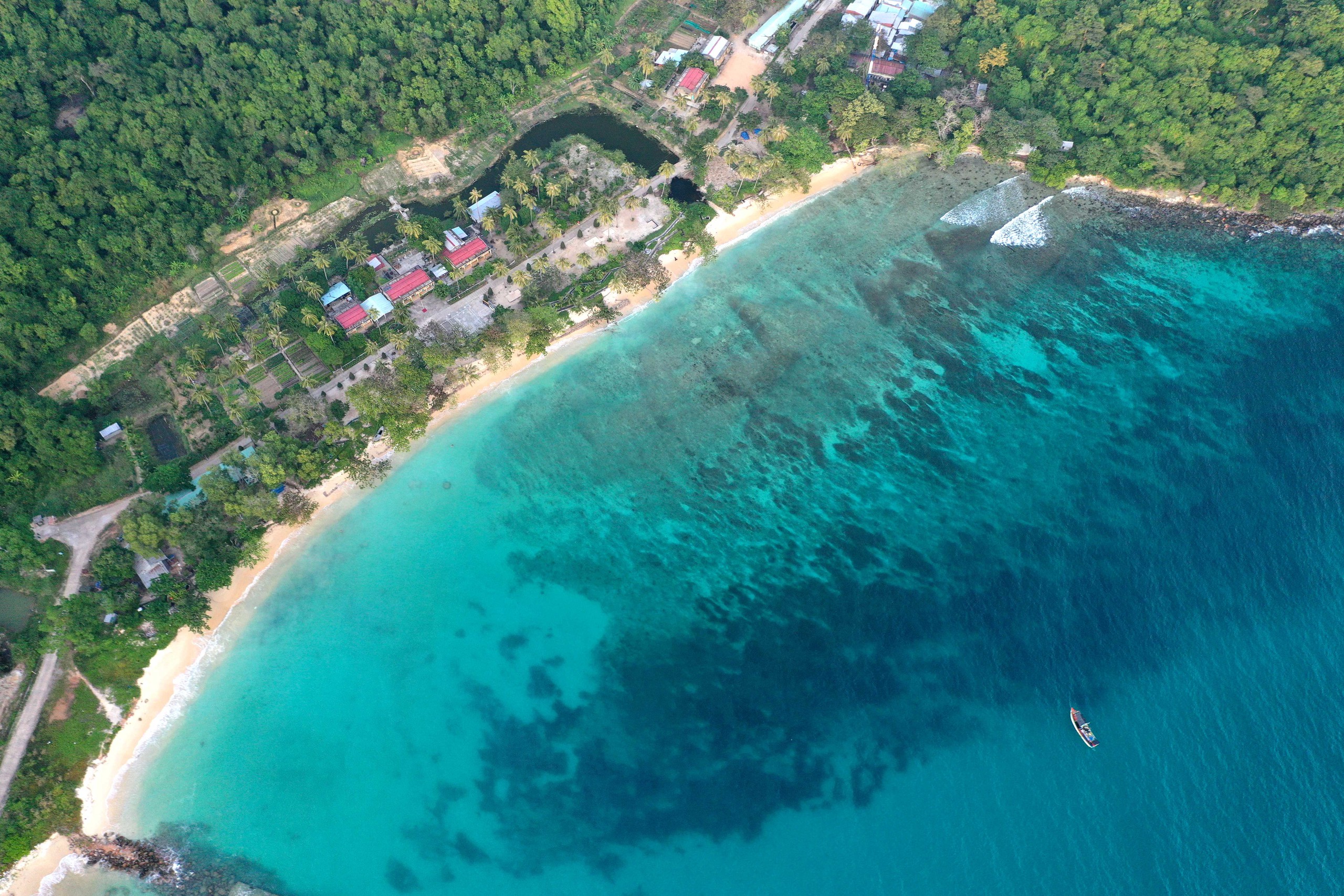
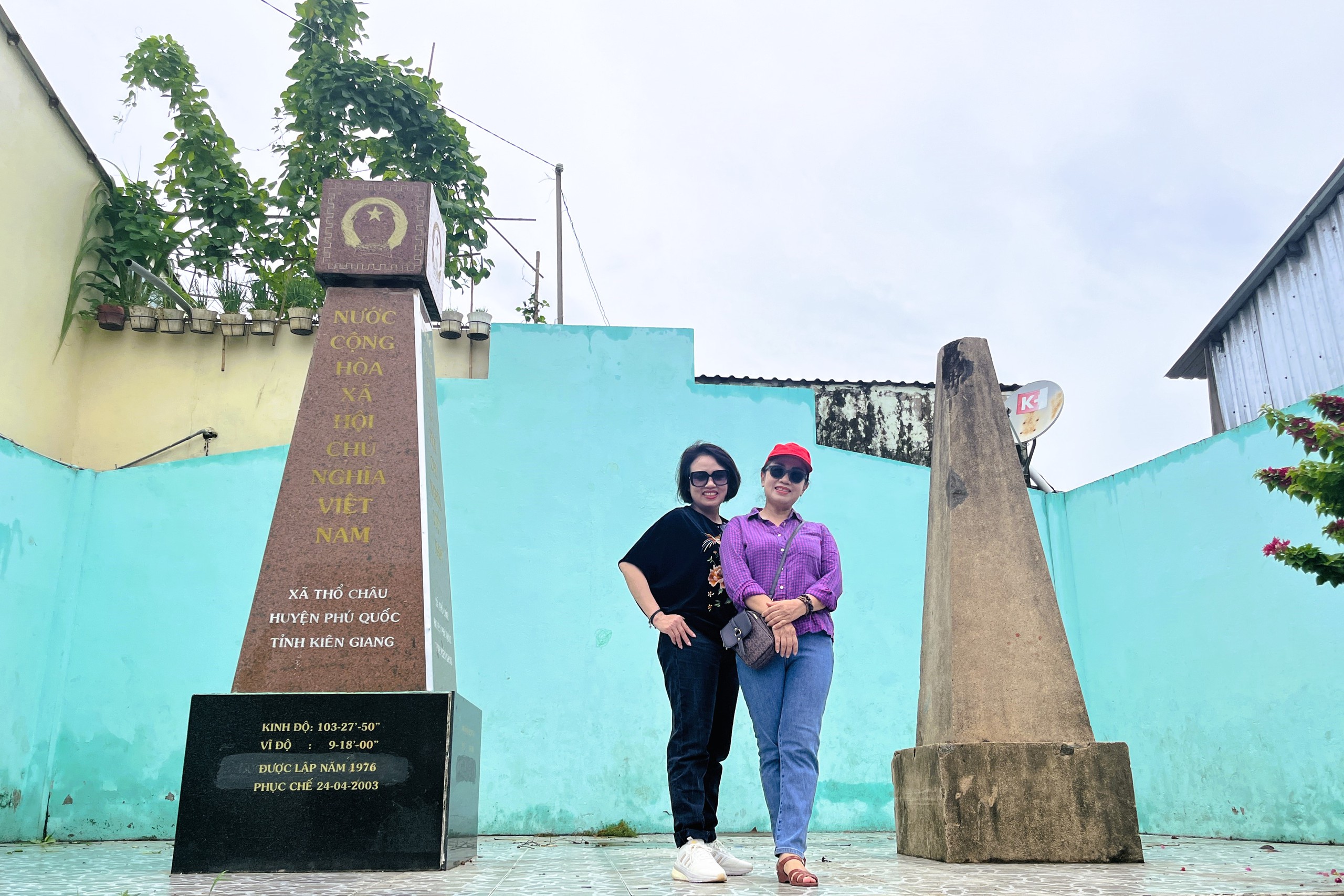
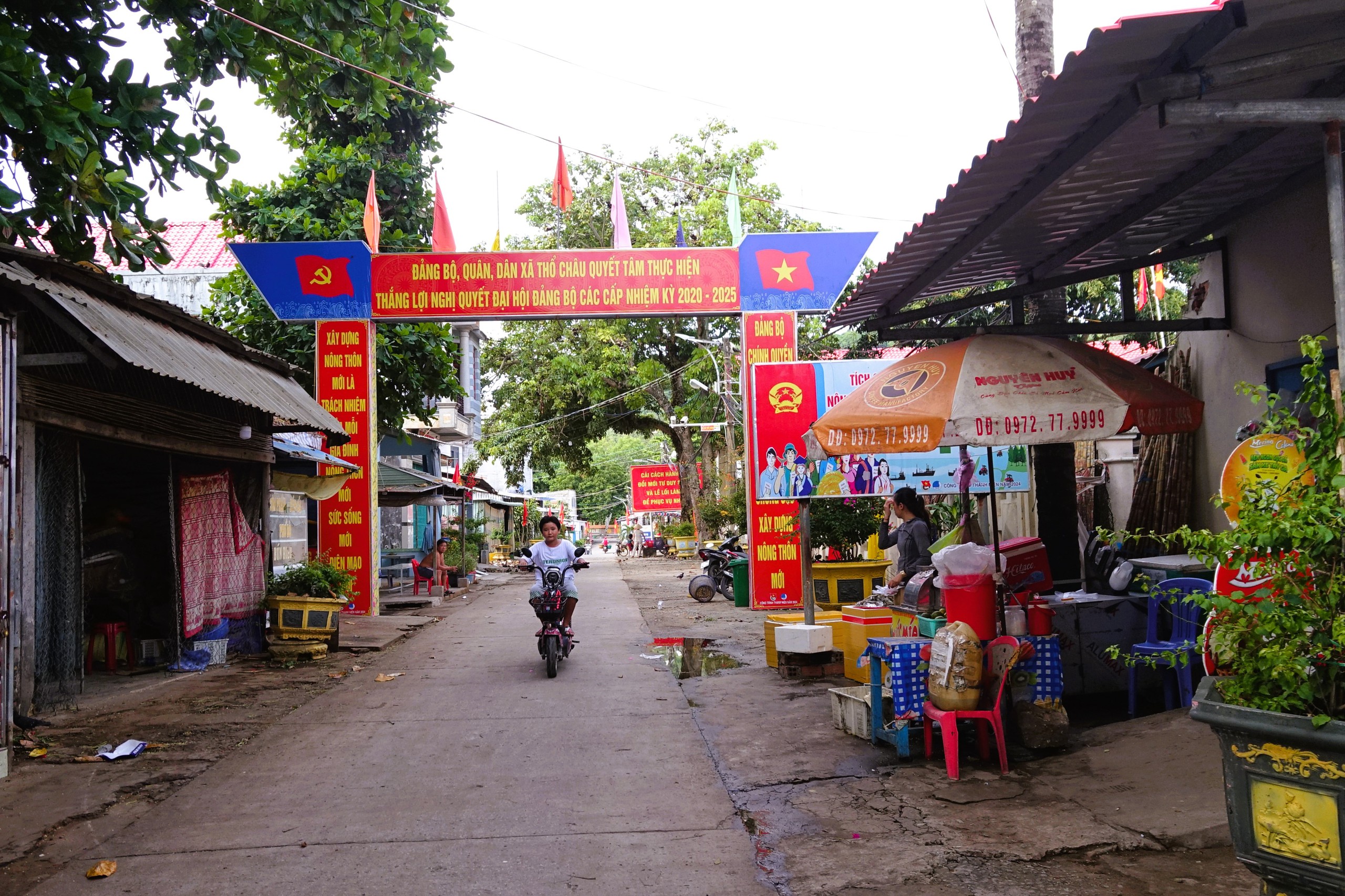
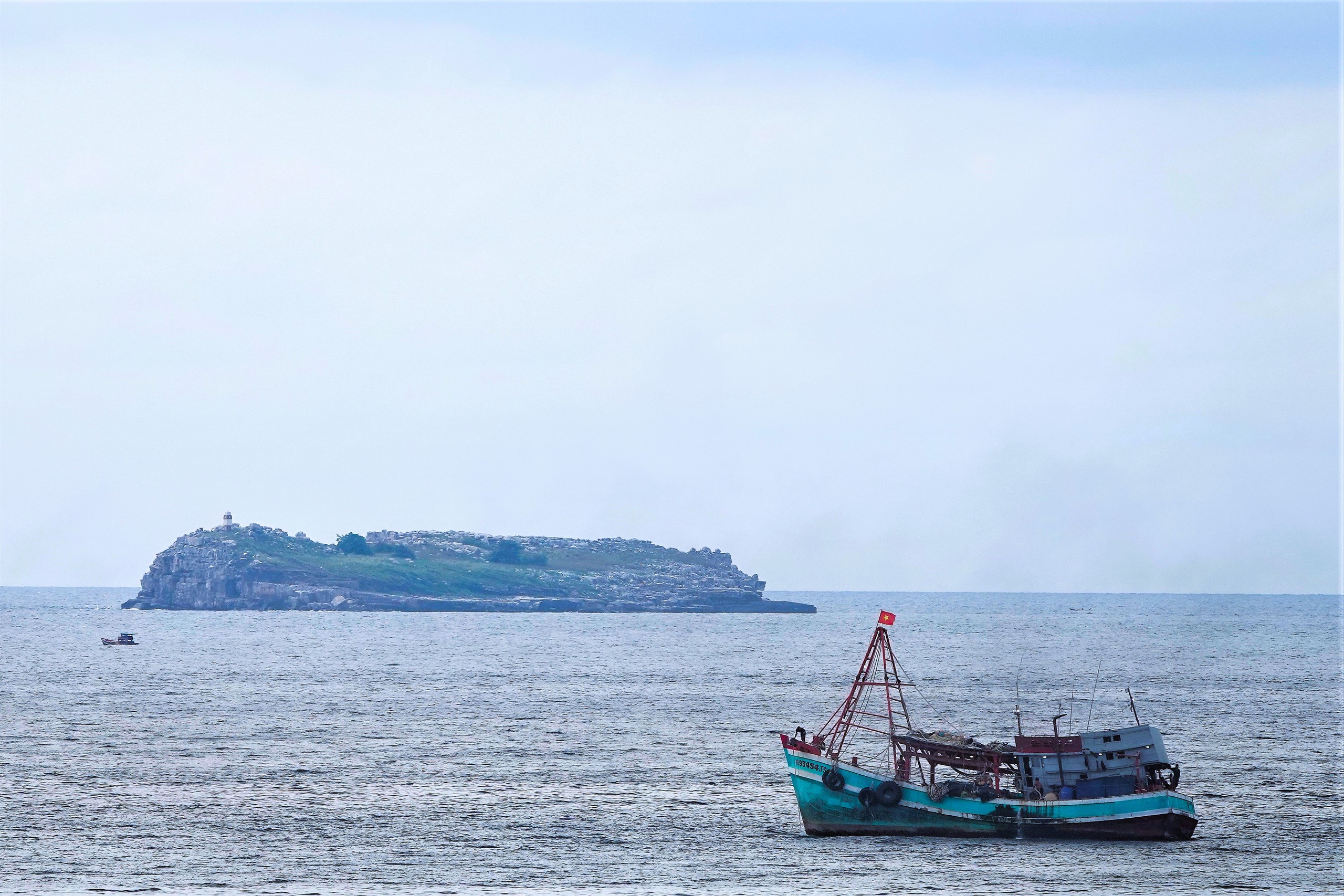
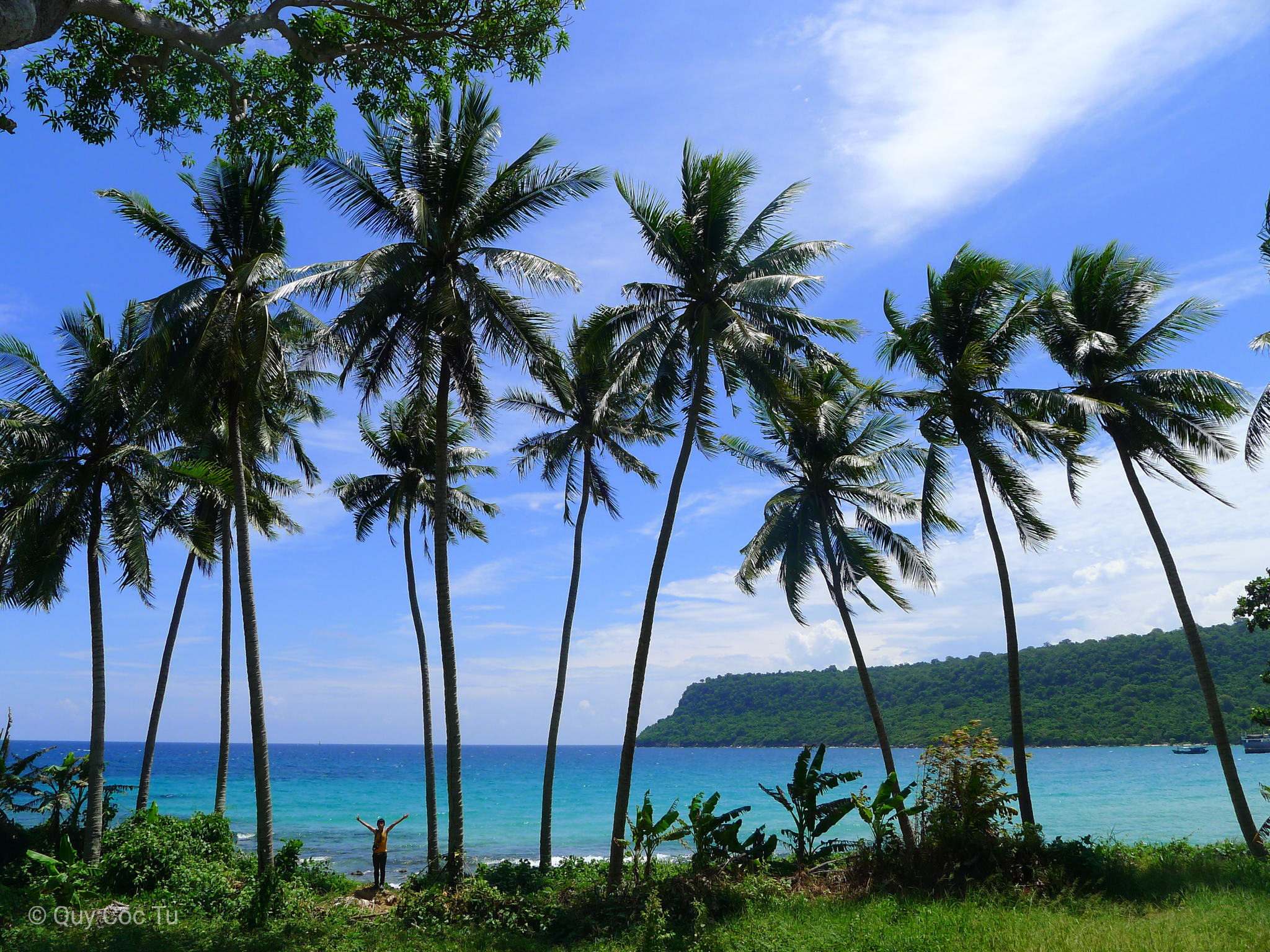
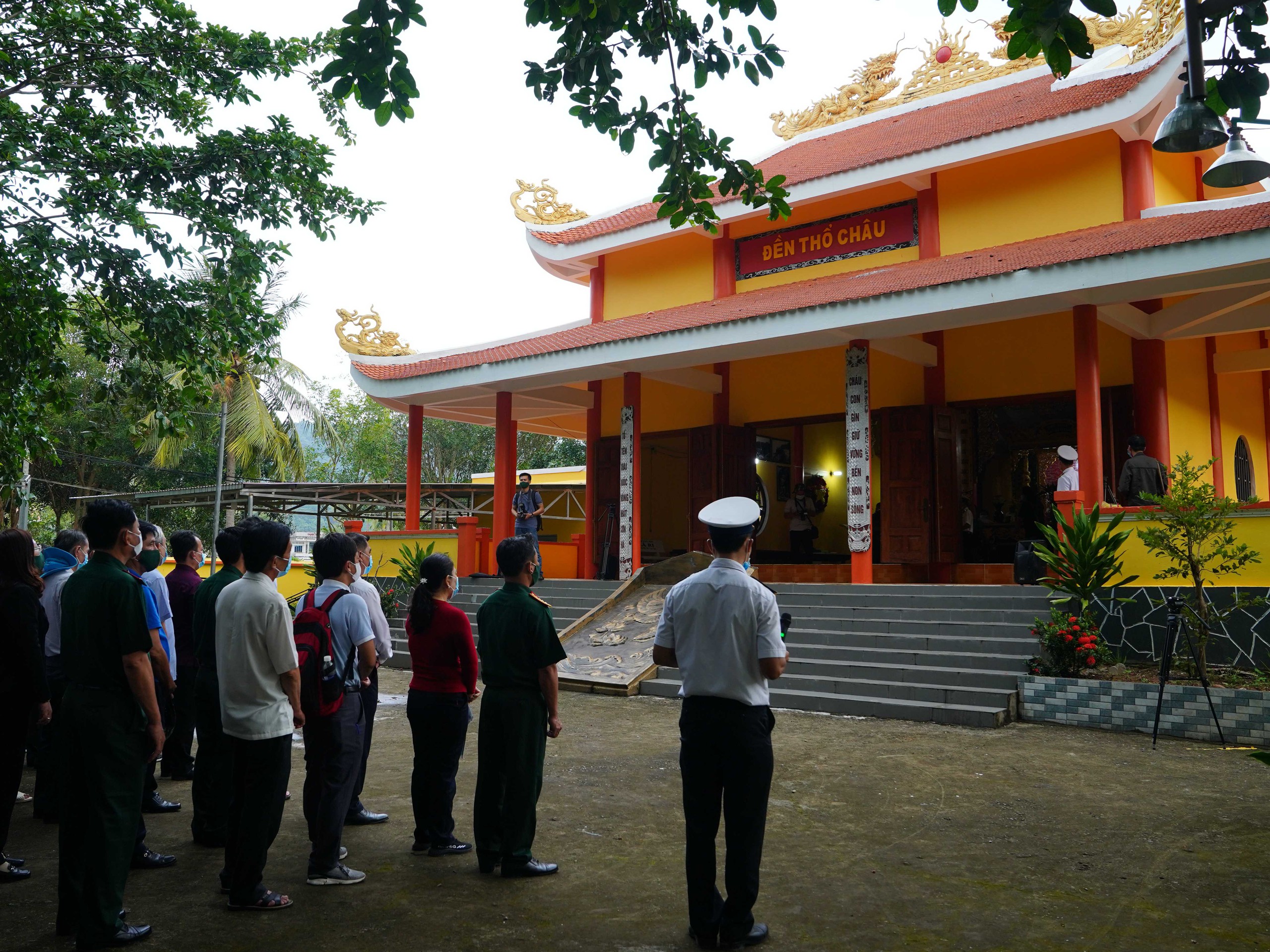
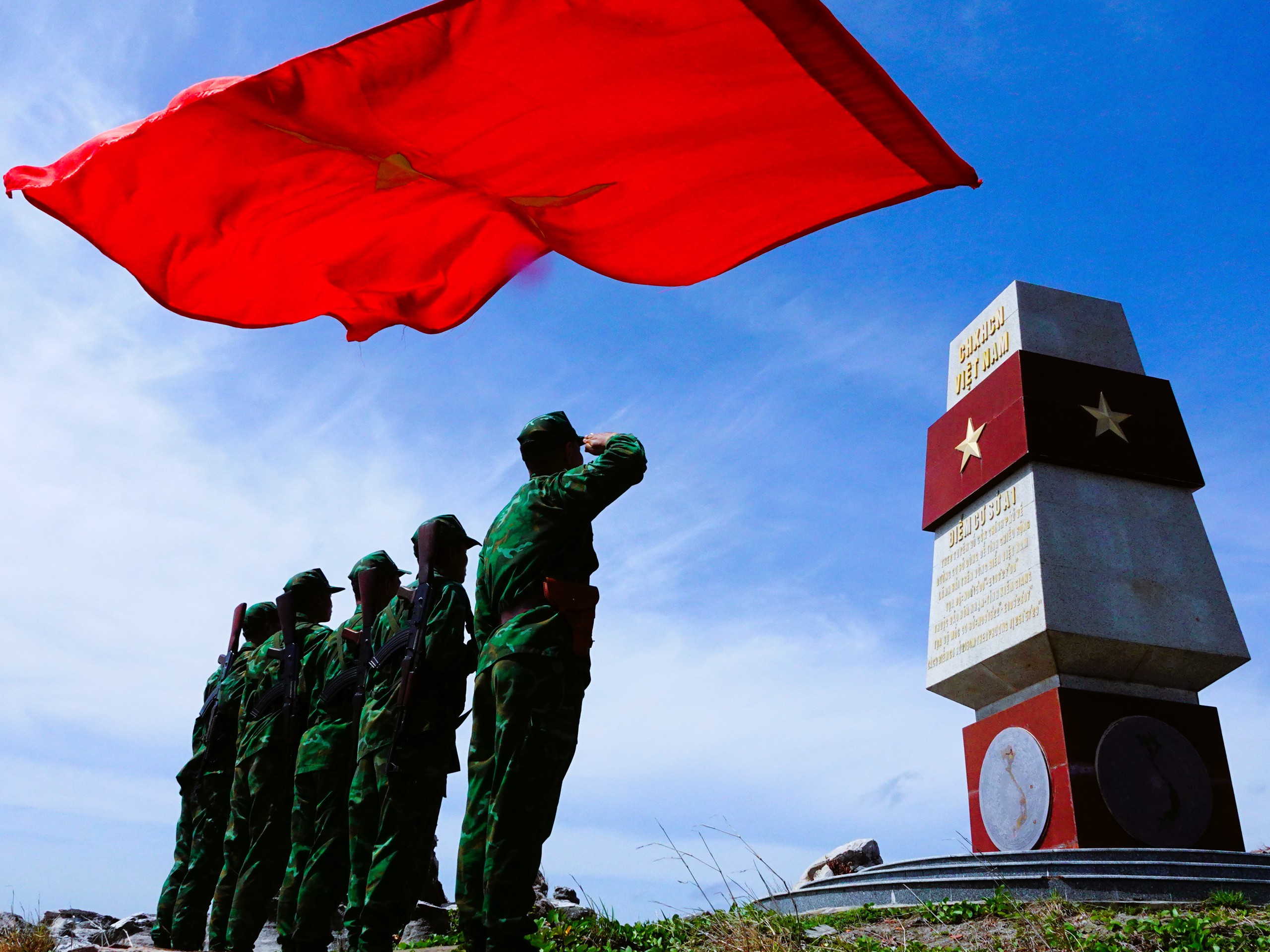
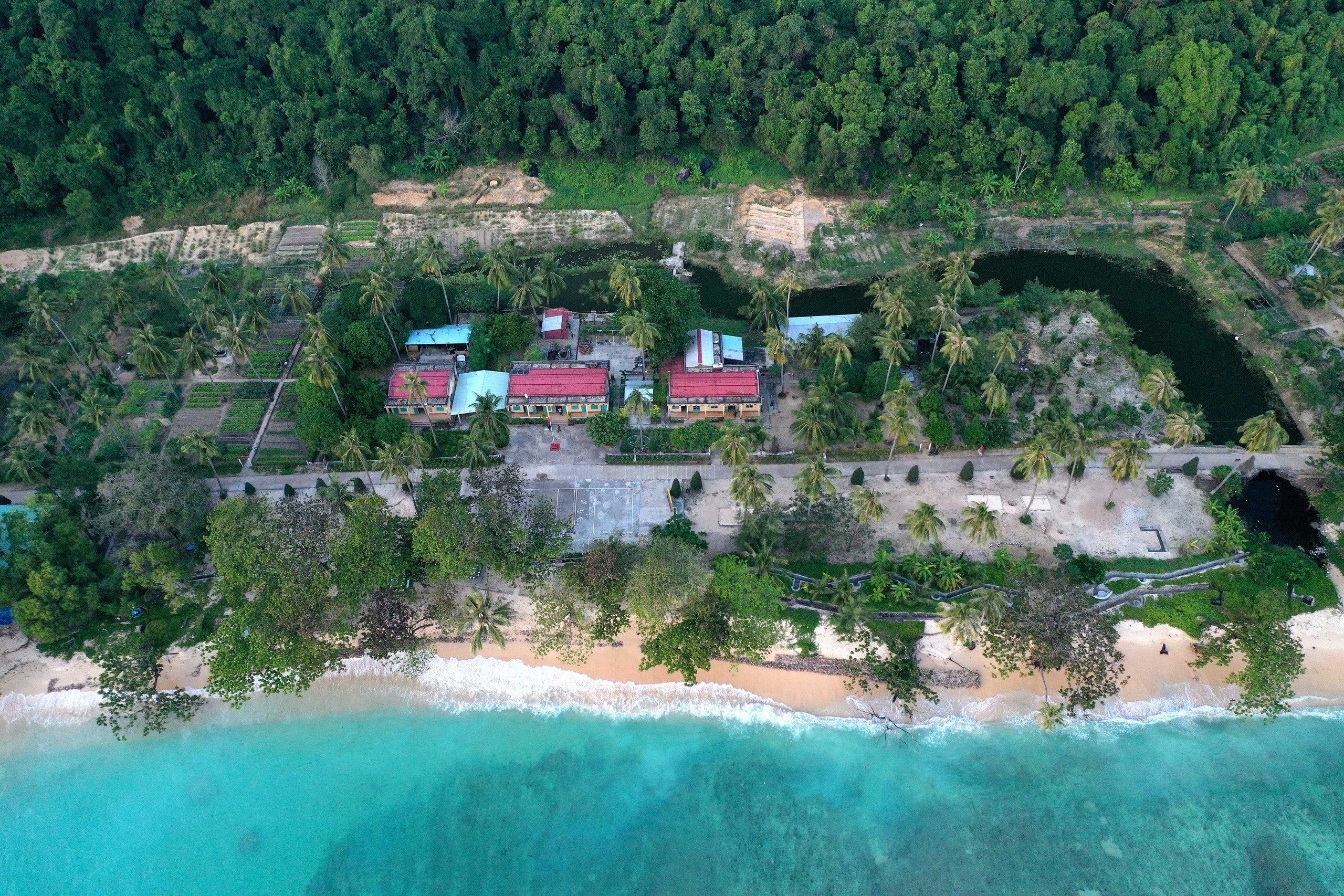
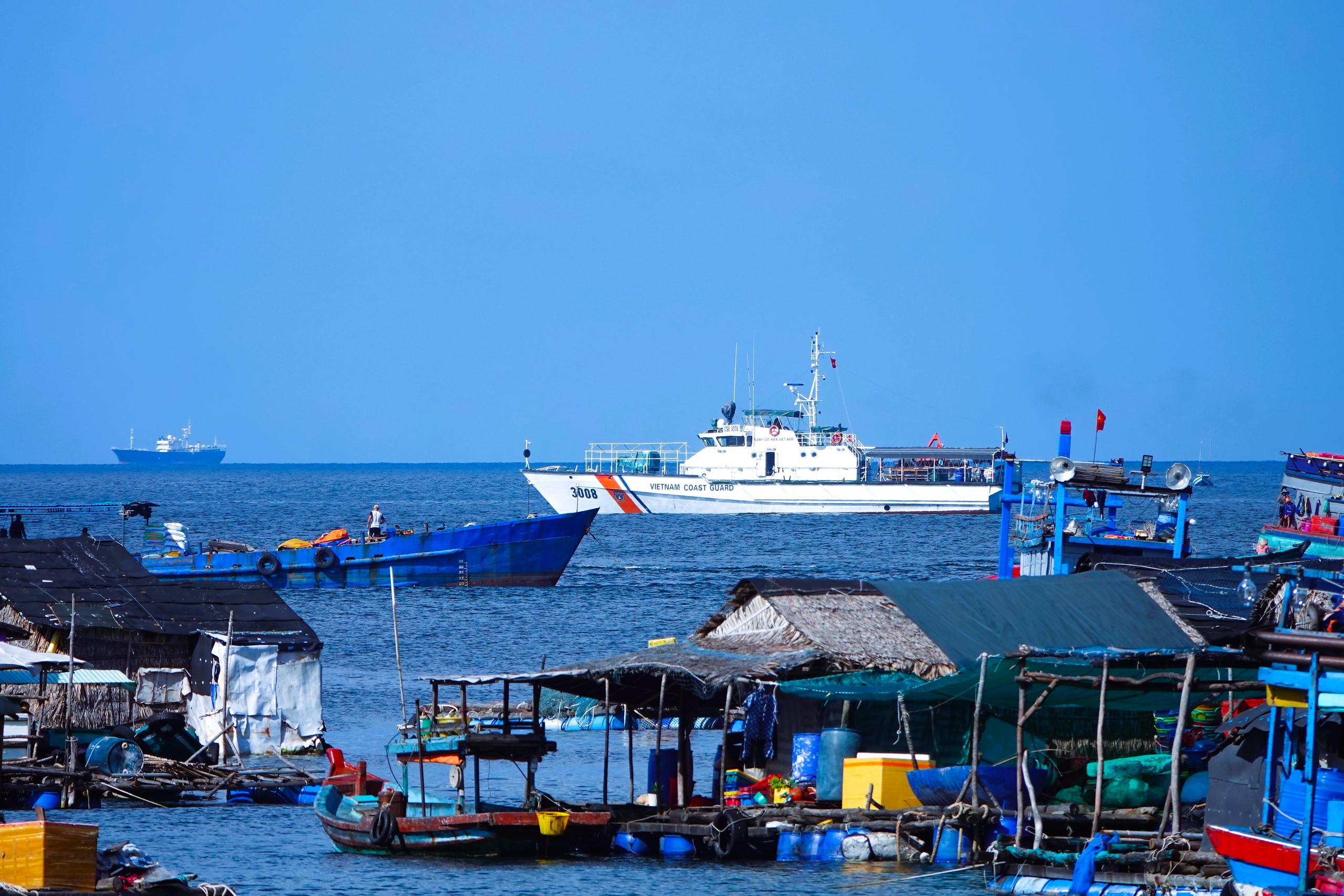
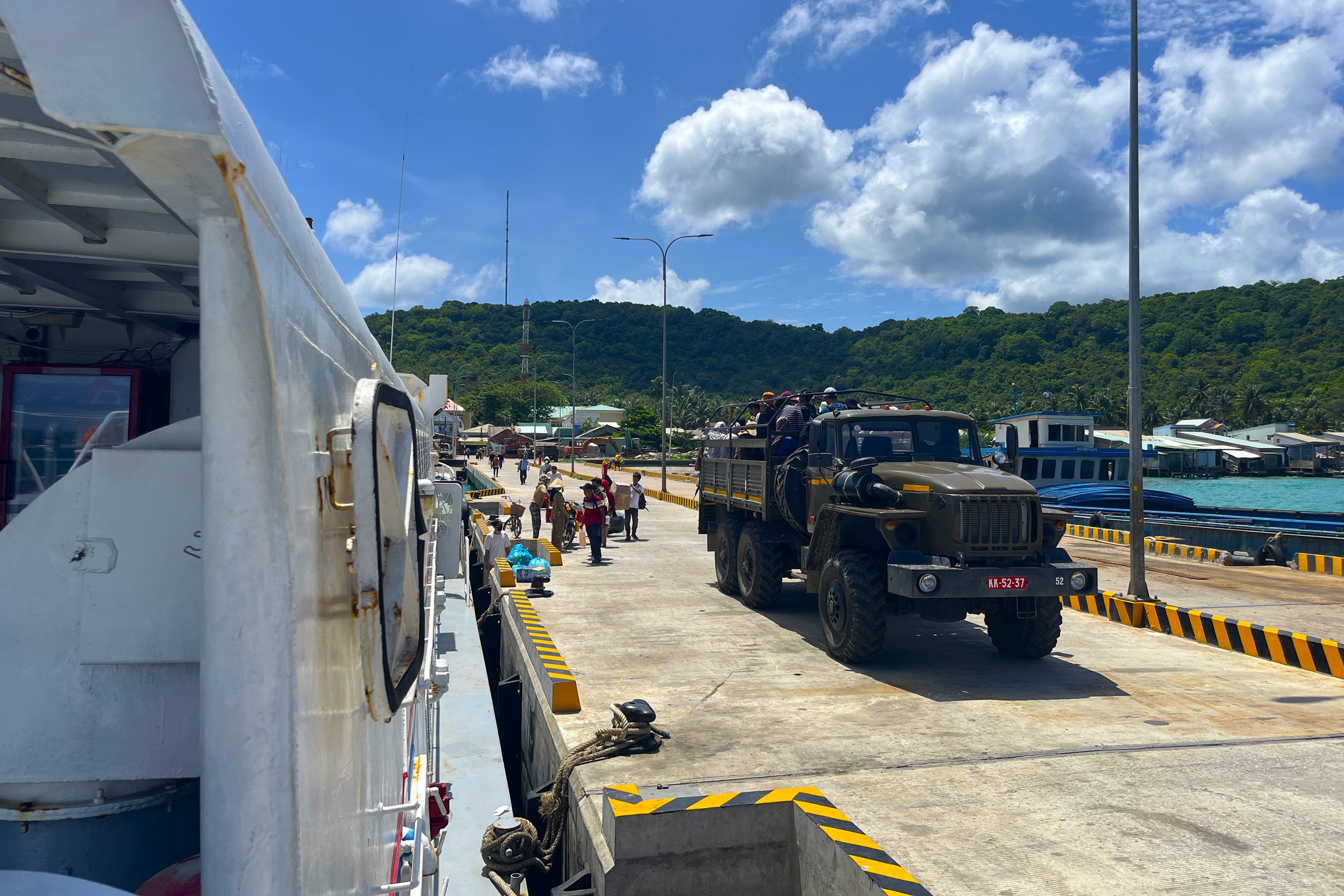
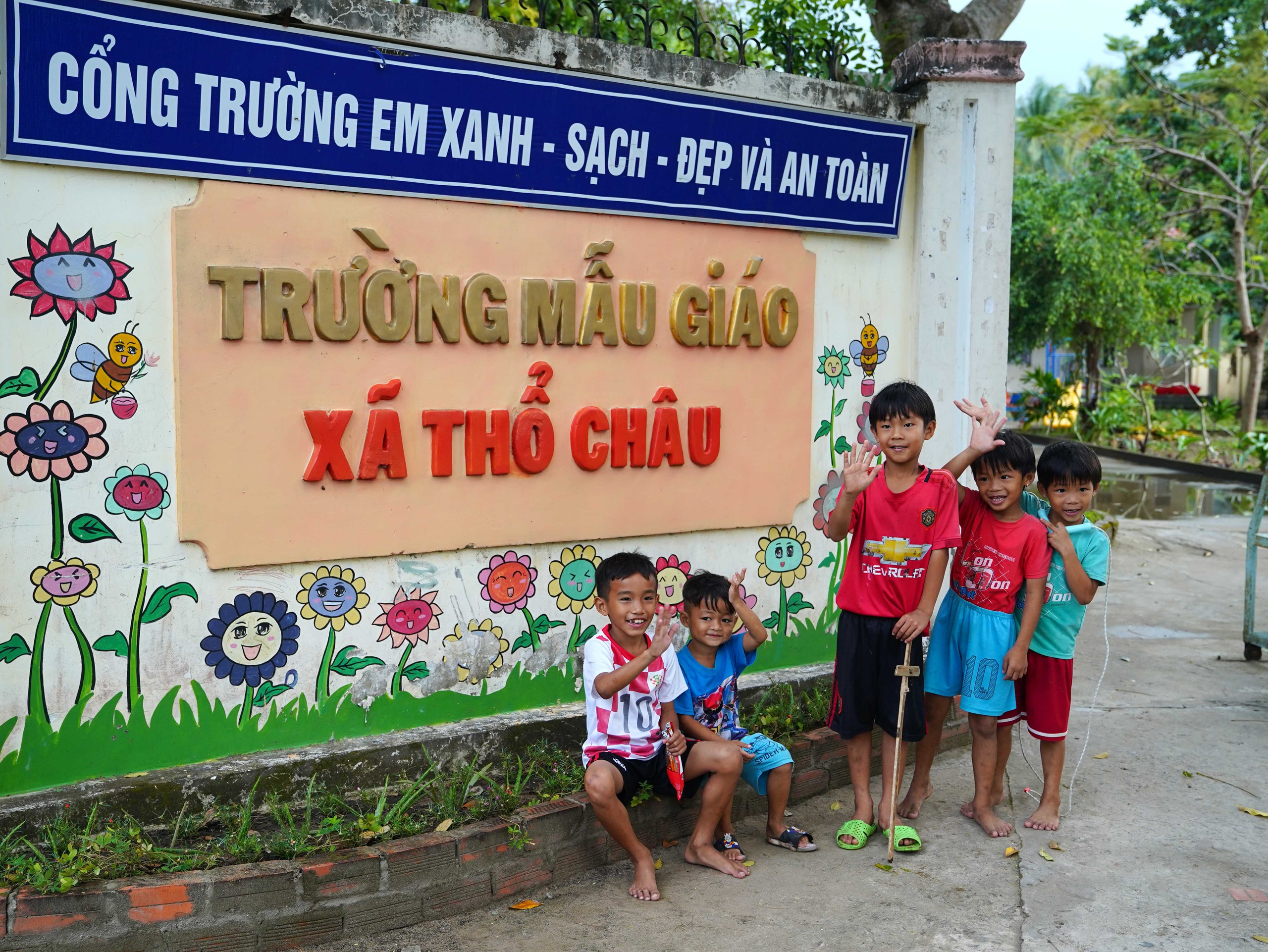
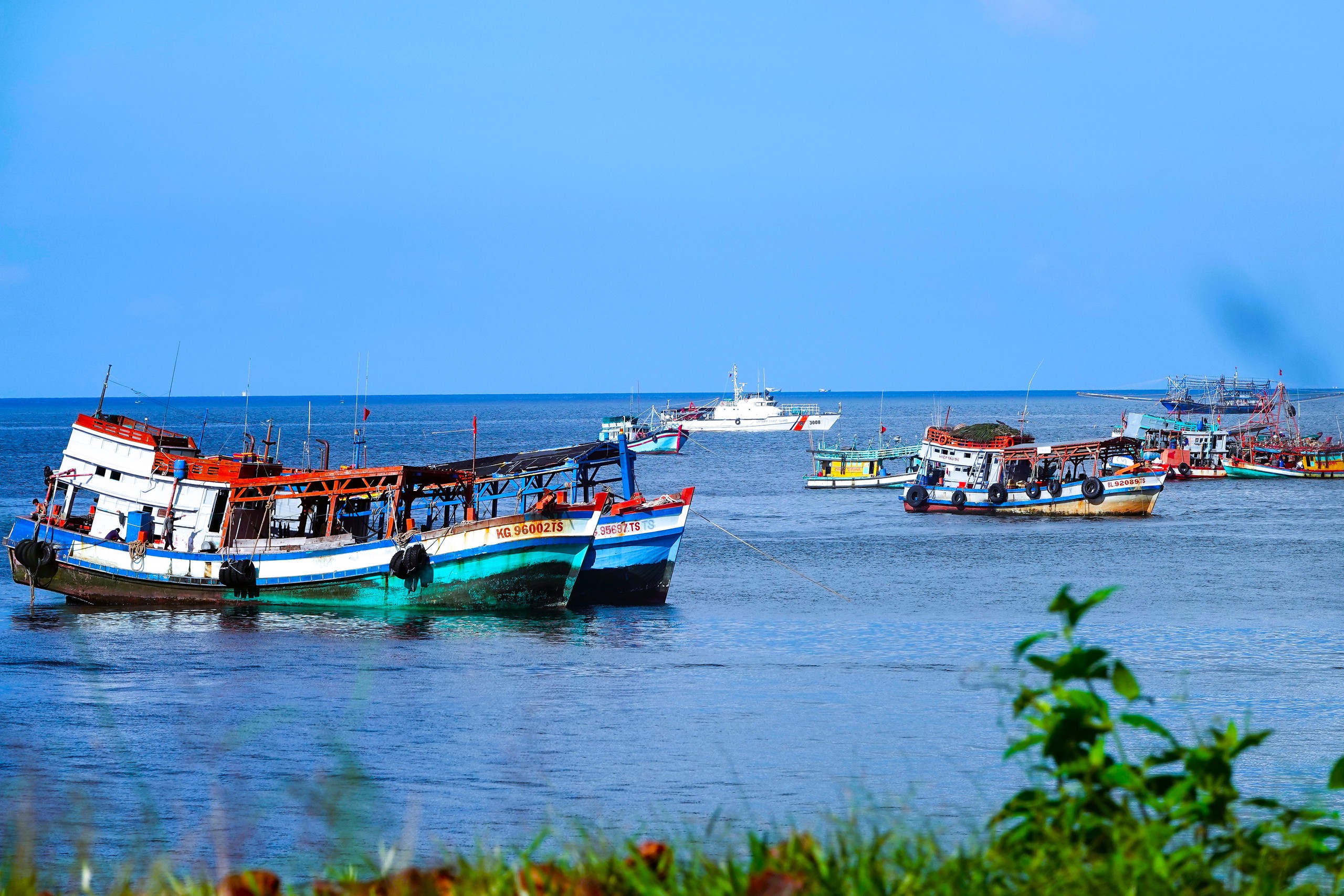
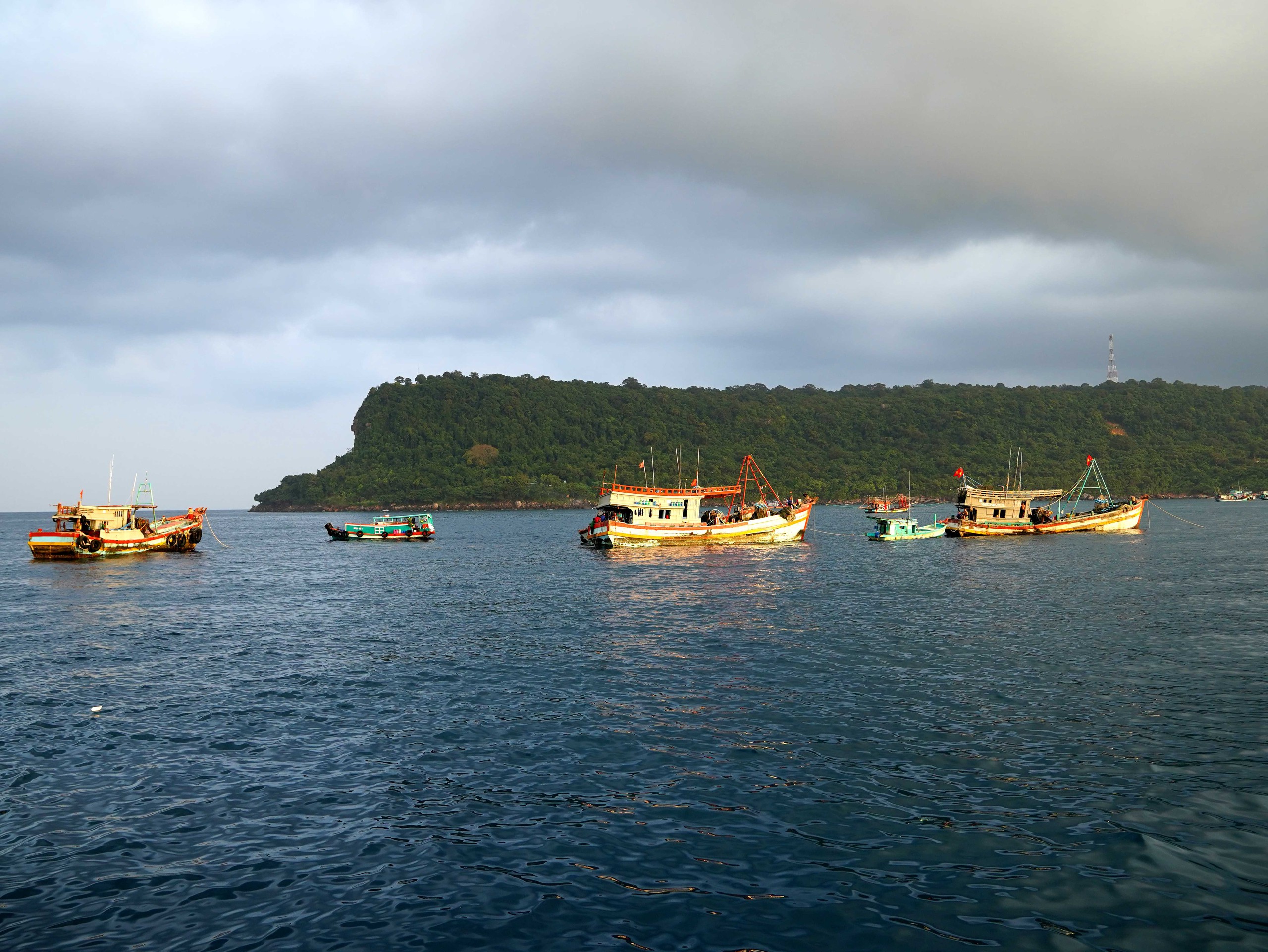
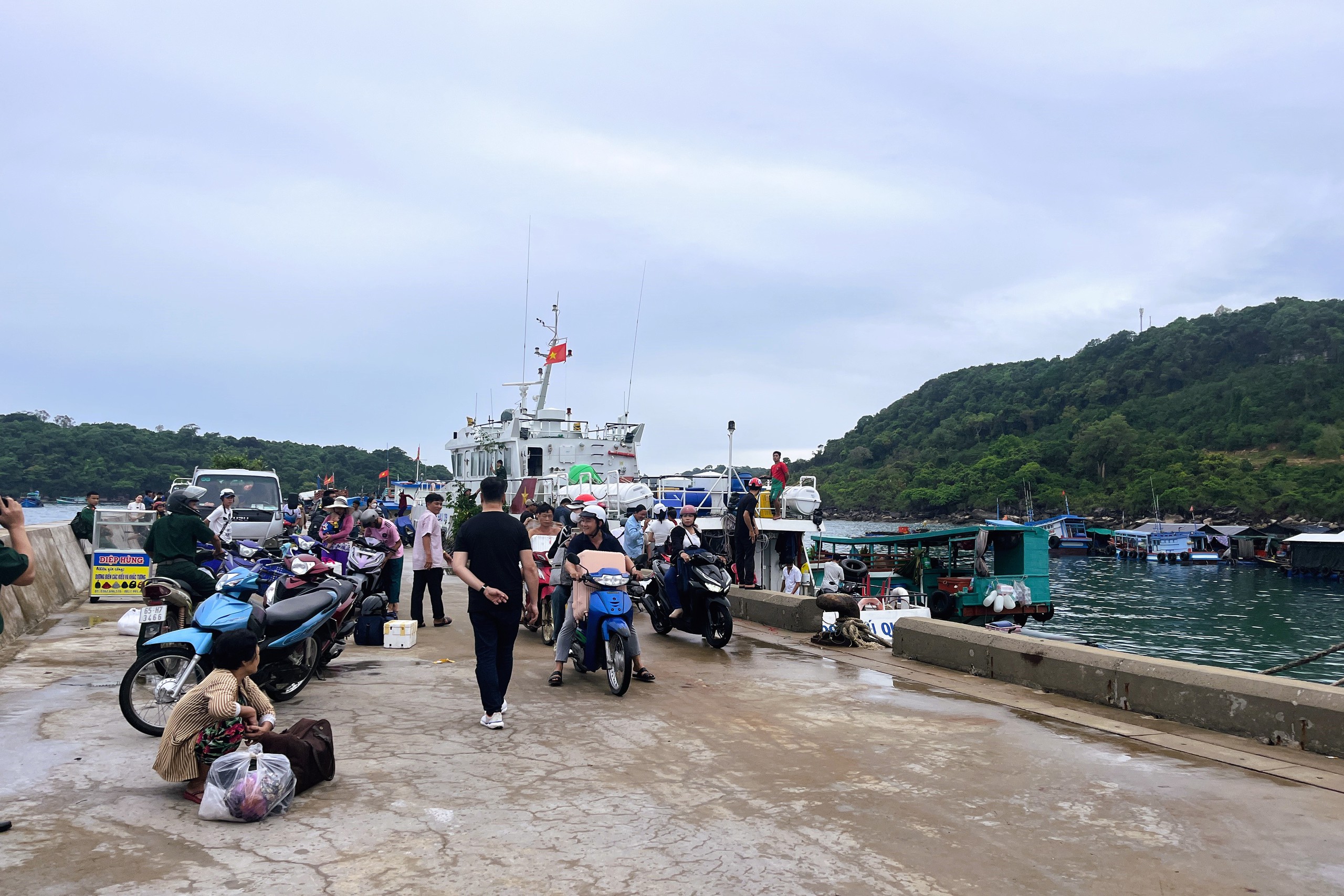
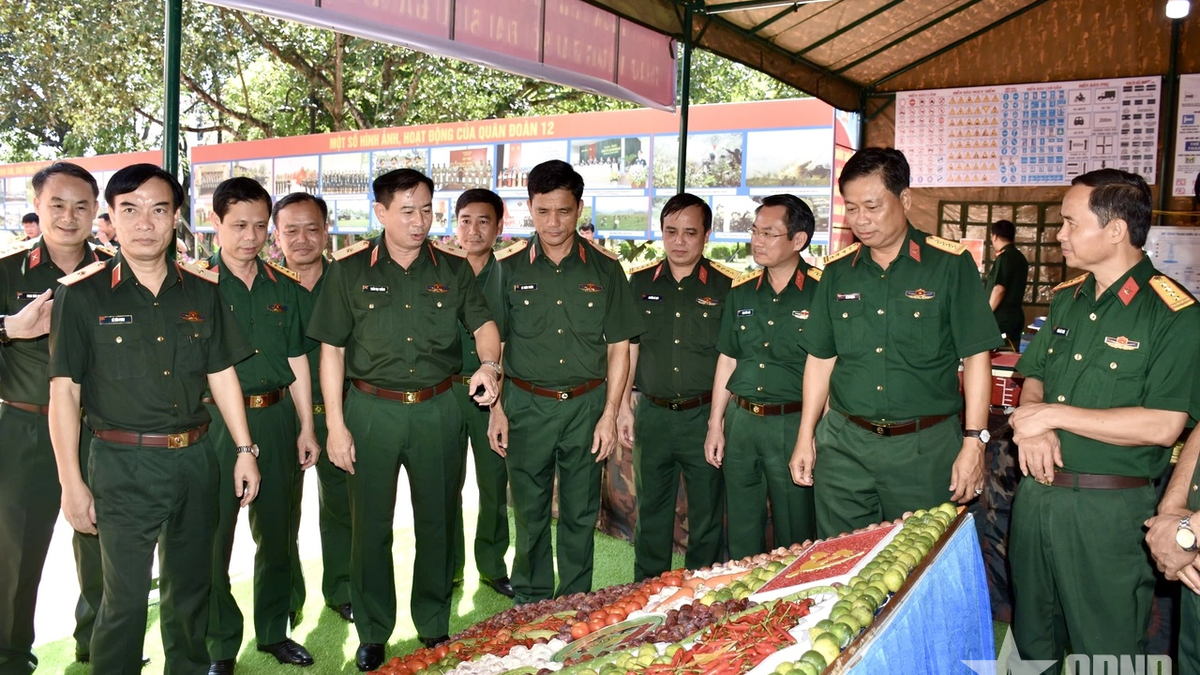


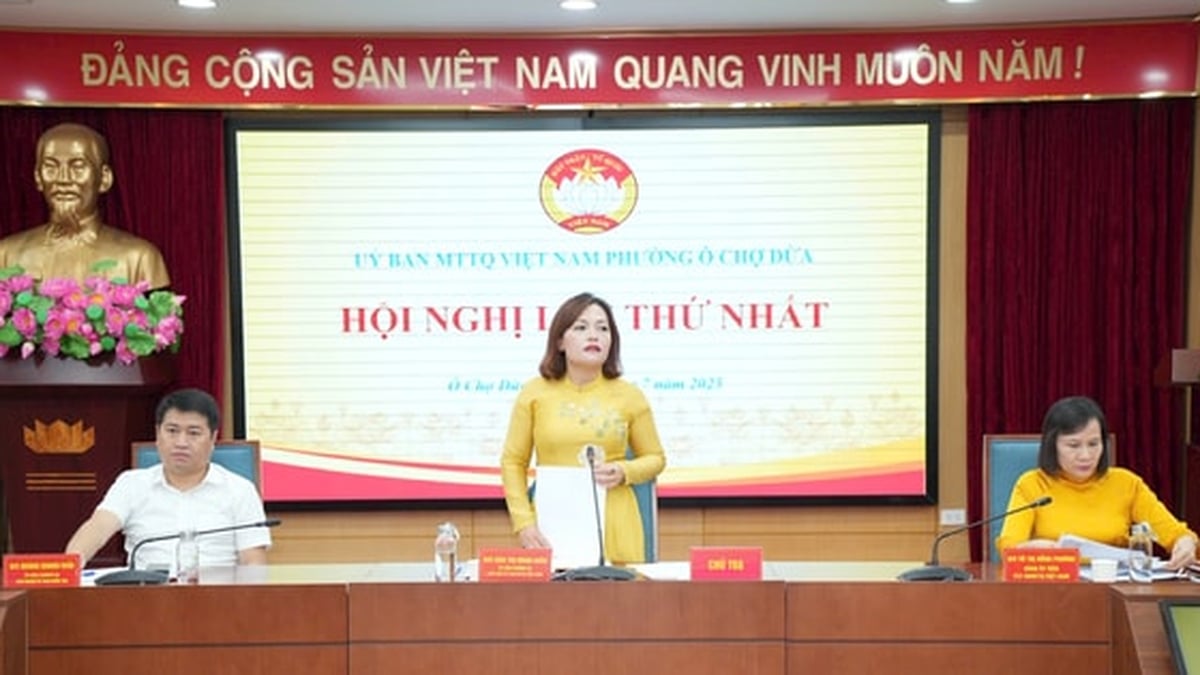

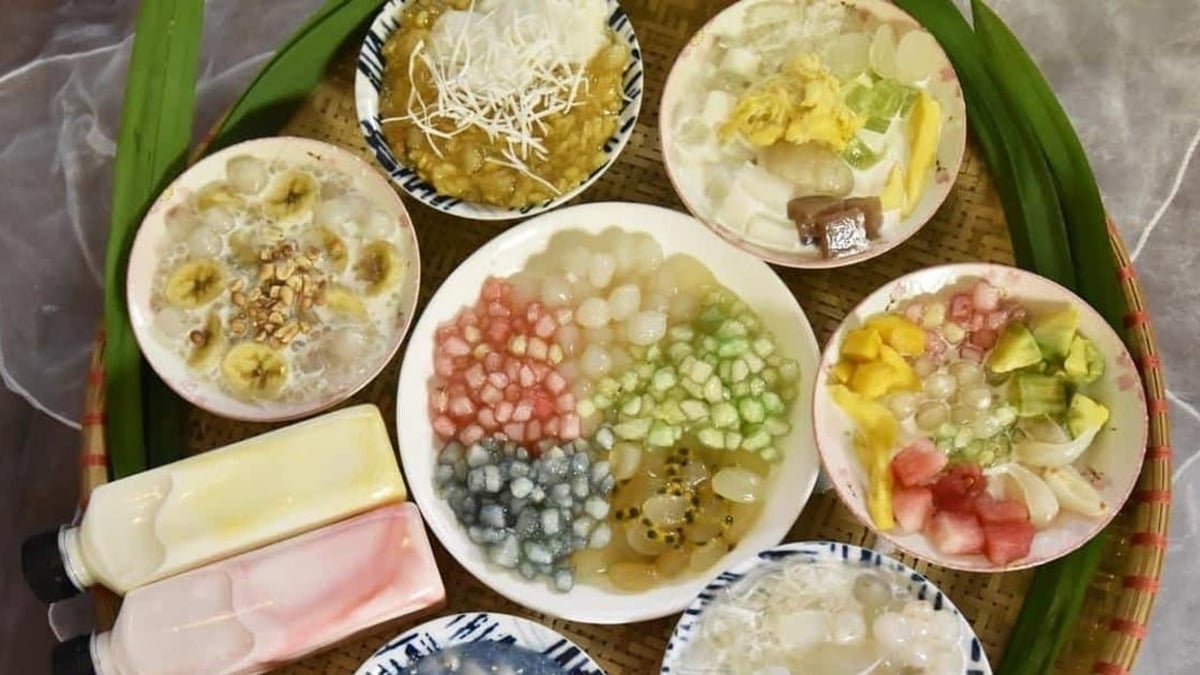


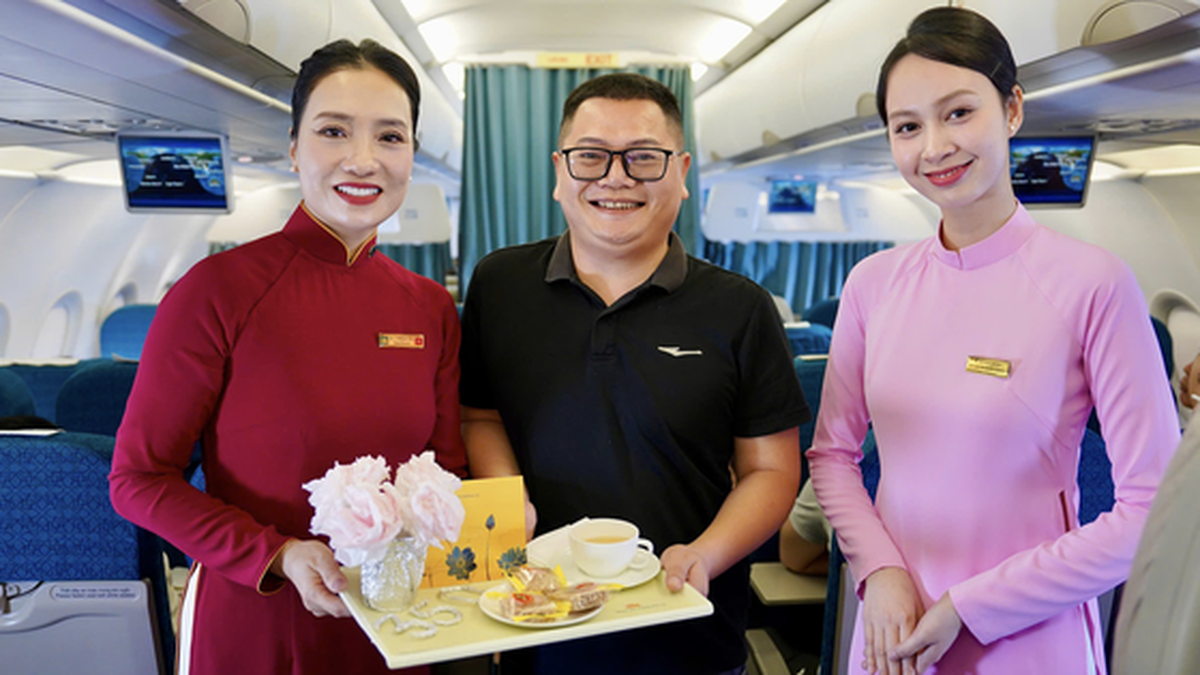




















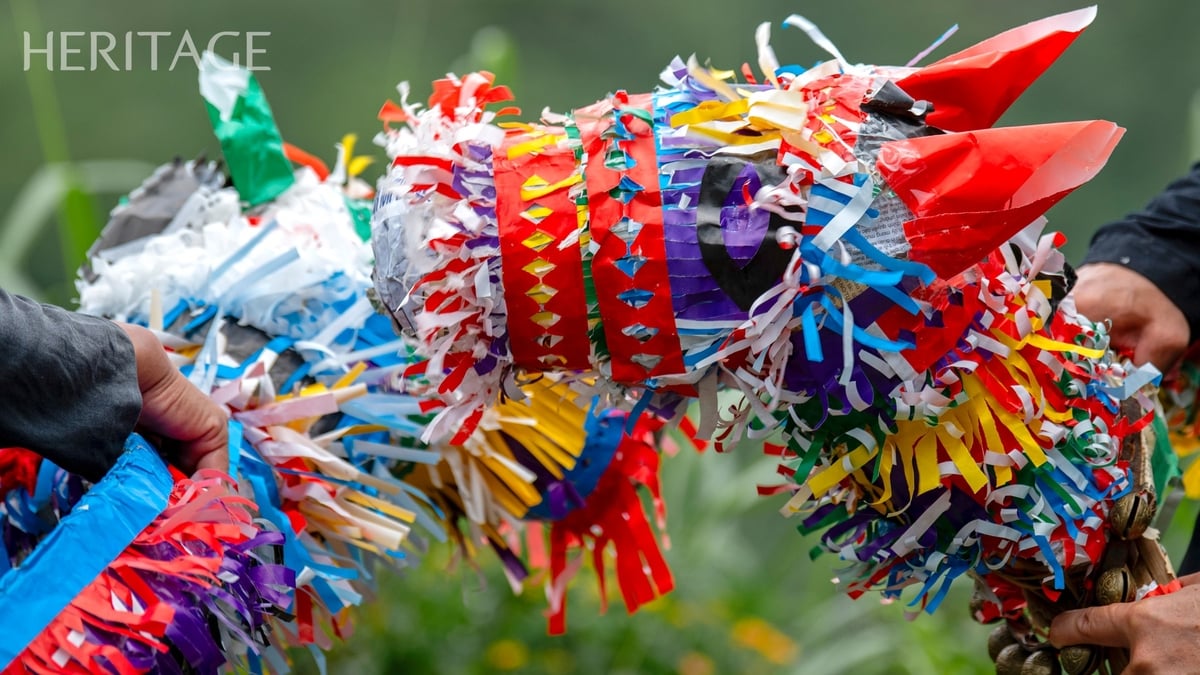
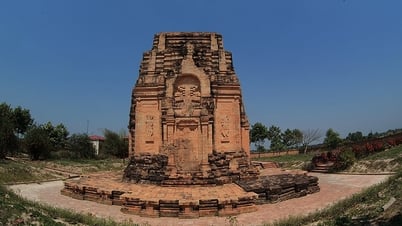

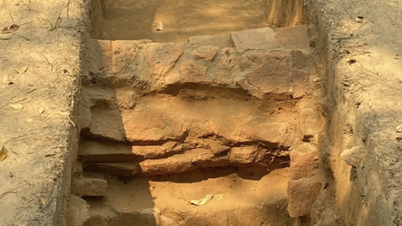

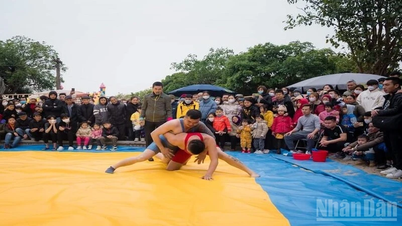














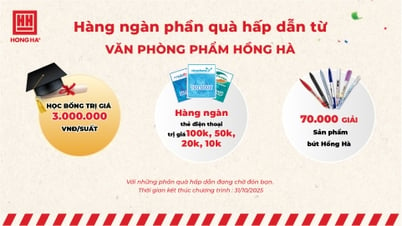

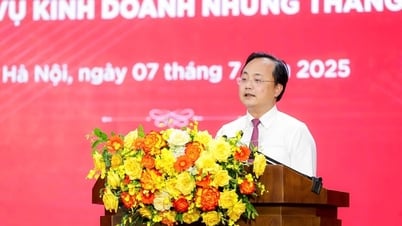

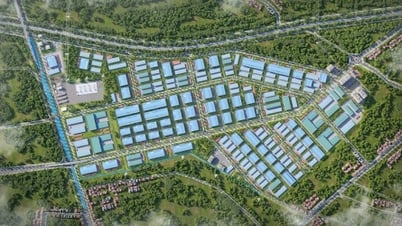

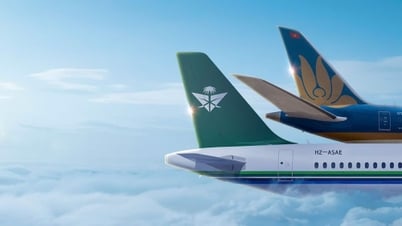


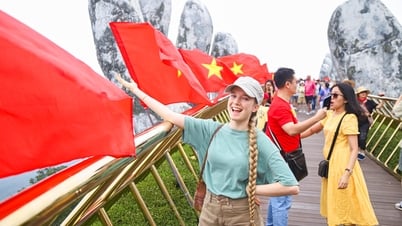

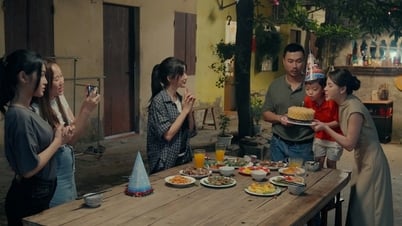
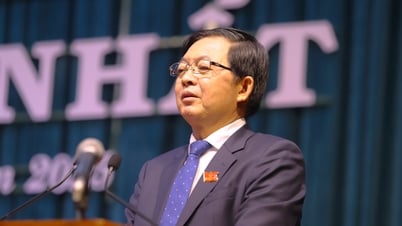


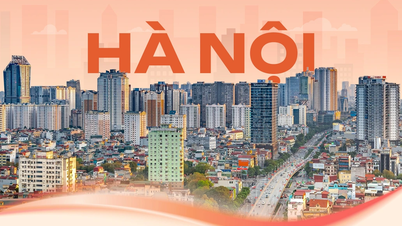
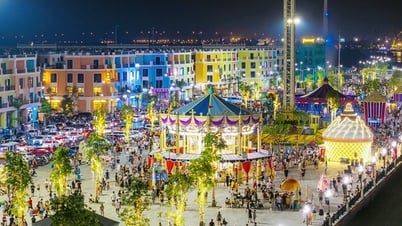


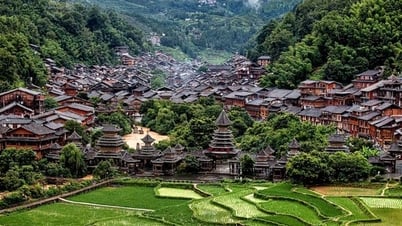
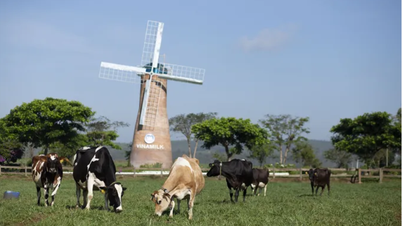

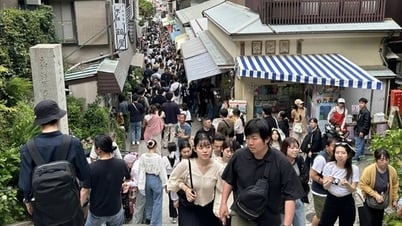
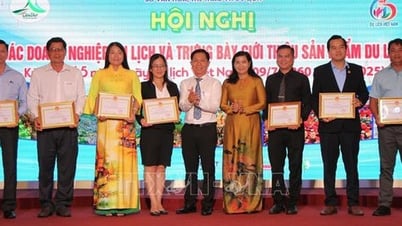







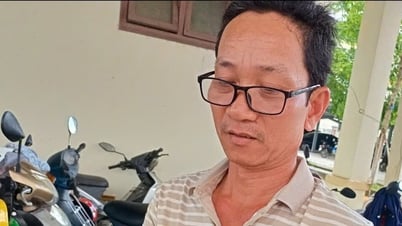

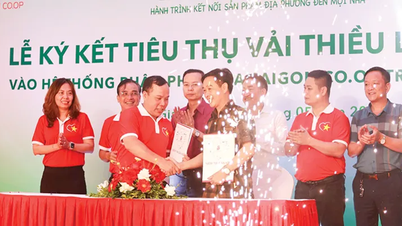

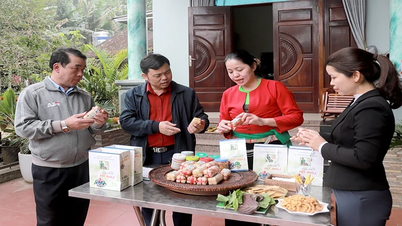






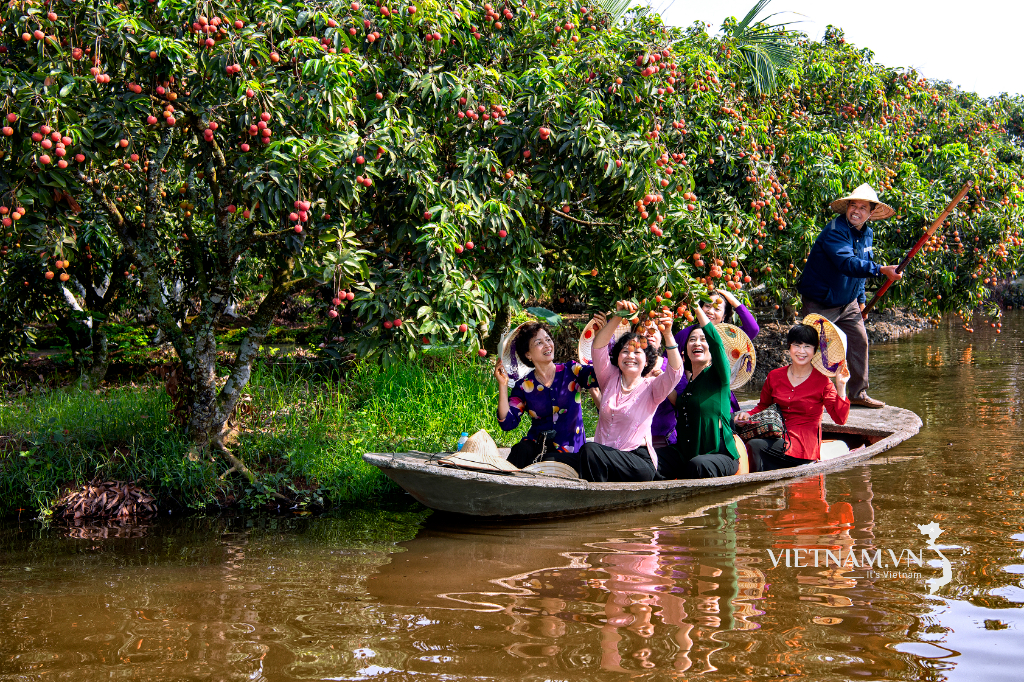
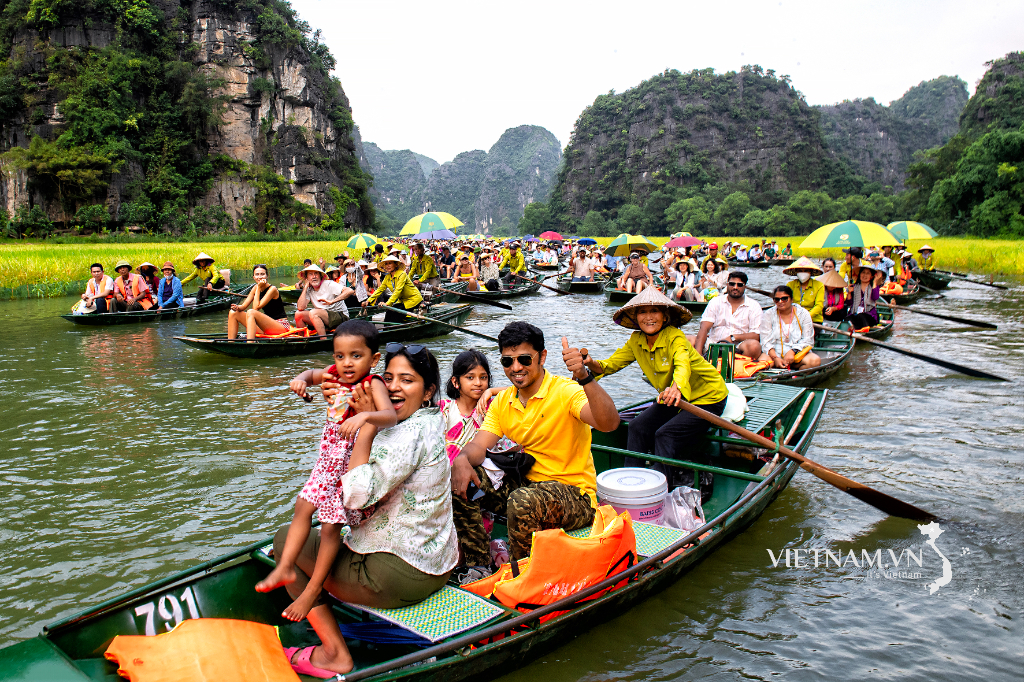
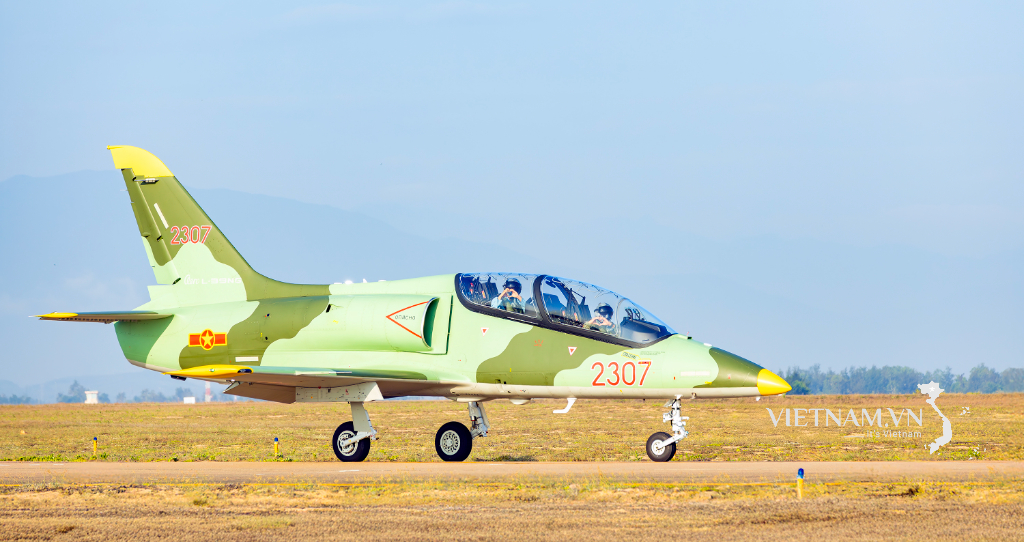

Comment (0)